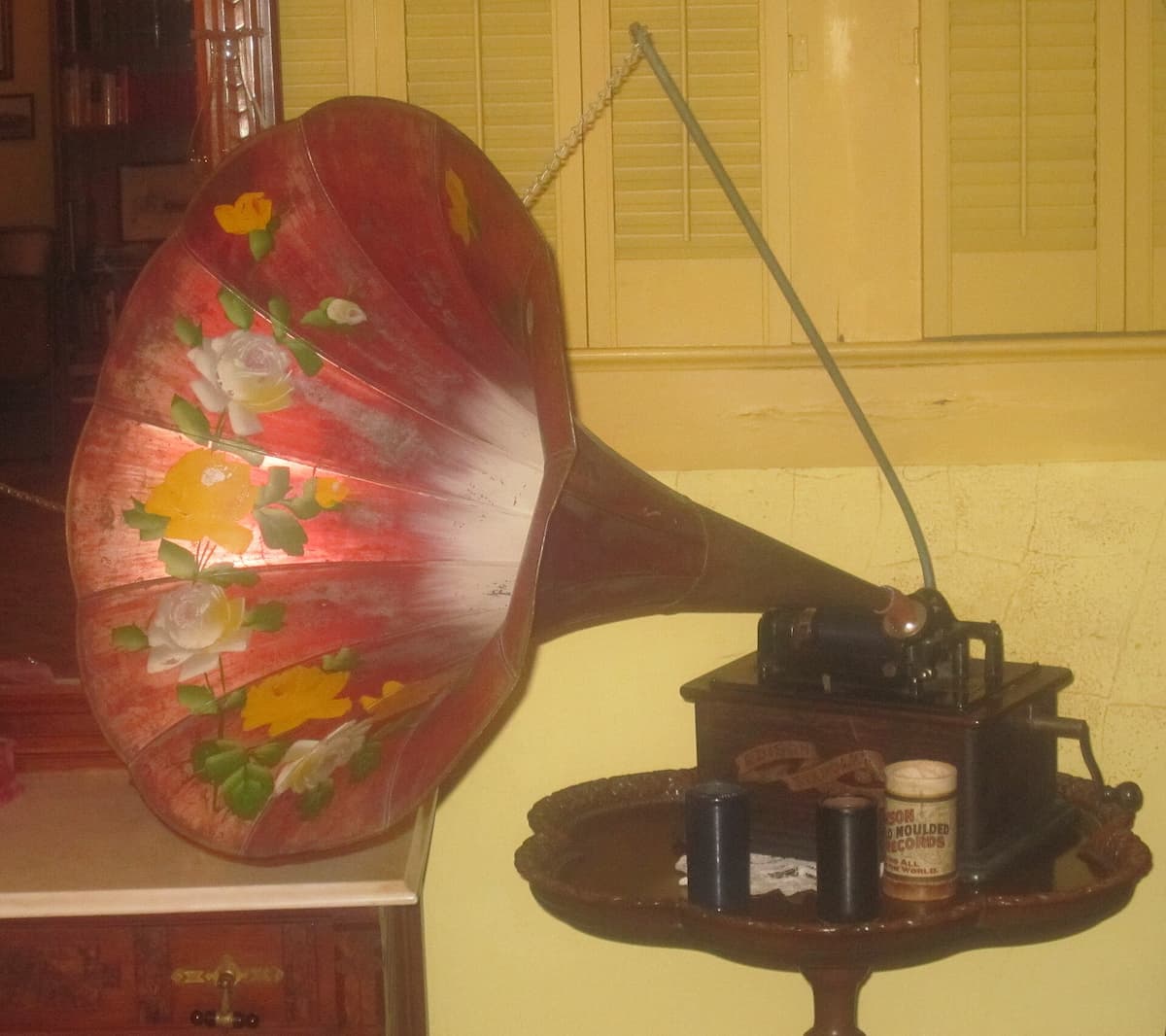Let’s address one of the elephants in the music room; do we really recognise and pay attention to quality nowadays? Do we even understand what it is? How many of us can recognise high from low levels of quality? How good are we actually at recognising quality? How many of us ensure they spend the time understanding quality, and how to appreciate it?

© smartprix.com
The following article does not look at the quality of artistry, songwriting, composition, performance, or interpretation; rather, it looks at the quality of sound itself; the recordings that we listen to every day — and the ones we have gotten used to, have accepted as our standards and even perhaps think of considering as higher to what was done many decades ago.
Richard Strauss – Also sprach Zarathustra op. 30 | Cristian Măcelaru | WDR Sinfonieorchester
Most people today, who have discovered the music of the past hundred years, discovered it on their radios and through their televisions; in cars, in shops, in films, and through all sorts of devices which have allowed them to listen to music independently. Nowadays, for many of us, our main daily listening device is our smartphone; whether through its tiny speakers or through our earphones. Somehow, it feels like we have reached the highest quality we can get — at concert venues for instance — and the lowest we can — in the tiny speakers of our phones speakers. Music studios have improved and so has the quality of the equipment available, yet the development of home studios has also lowered the level of quality, and much music recorded in these DIY studios is done by untrained producers and engineers, and often cheap material. Today, most people listen to music which can be perceived as over-compressed, overloud, and lacking in texture and energy. A sort of bland white noise to its extreme.

Early phonograph at Deaf Smith County Historical Museum in Hereford, Texas © Wikipedia
There is also a case of how we are sold our listening equipment; one which is constantly presented as being the best and which leaves us in oblivion of what the options are. A few years ago, Beats by Dre had a lot of success among younger people; these are headphones that were created from the point of view of hip-hop and rap music, which both have a very defined dynamic field — therefore, one can ask: how can one assume the quality of a Schubert quartet on these? Should one select his equipment depending on the music listened to? How realistic is the operation?
Studio equipment is meant to be transparent, whilst commercial equipment is meant to make the music sound better; particularly the more expensive it becomes. However nowadays, streaming services favour quantity and speed — not quality — therefore one can question the point of expensive pieces of equipment if the point of departure is on the cheap side.
© smartprix.com
We seem to be, on the one side, obsessed with quality, and on the other side, sacrificing it all the time. If there is nothing wrong with the evolution of our listening practices — it comes with pros and cons —, we must adapt our speech, thoughts, and expectations to reality. Firstly, quality is not the same as it was before, whether better or worse. Secondly, only a few of us actually hear and recognise quality. And it takes time and training for that to happen.
Stravinsky Rite of Spring 1929 Recording Stravinsky
We have learned to accept a junk society, where our level of attention is so low that we barely see the difference between good and bad. Times have changed indeed, but let’s not forget that what we now consider a masterpiece was considered junk when it first came out. One can only think of The Rite of Spring. Will we say the same about the junk of today? Only the future will tell.
For more of the best in classical music, sign up for our E-Newsletter
